Albert Camus was a French writer, dramatist and essayist. He was born Mondovi, Algeria on November 7, 1913, when it was still a French colony. The son of poor European immigrants, he grew up in a working-class neighborhood in Algiers inhabited by Arab families.
In the 1930s, he graduated with a degree in philosophy from the University of Algiers. Embracing the struggle for Algerian independence, he joined the Communist Party. In 1937, he published a collection of essays entitled “Betwixt and Between.” The core of his thought is clear even in his early writings. For Camus, man constantly searches for an explanation for existence. But his search is in vain because life is devoid of meaning
Camus worked intensely in journalism, which he considered the ideal instrument for advancing the Algerian peoples’ cause. But his criticisms of the Communist Party, which he accused of passively accepting French colonial policy, got him banned from all Algerian newspapers. Camus moved to Paris in 1940. The Second World War was underway and the Germans had occupied France. He joined the French Resistance and wrote for the underground newspaper Combat. He also married Francine Faure and had two children.
In 1942, he published the novel The Stranger. The novel’s protagonist, Meursault, personified the folly of human life. Condemned to death for killing a man, Meursault accepts the sentence without protest because he himself cannot explain his crime. The novel was likened to the existentialism of philosopher Jean-Paul Sartre. But Camus firmly rejected all ties with existentialists, criticizing their support of Soviet communism. Throughout the 1940s, Camus wrote and produced plays. These included Caligula, which depicted the eponymous Roman emperor gone mad with power. The work introduced themes that were later developed by Samuel Beckett and Eugène Ionescu in the Theatre of the Absurd.
In 1947, Camus published his most important work, The Plague. The hero of the novel, a doctor named Bernard Rieux, aids his fellow townsmen when a terrible plague epidemic breaks out. Camus abandoned the pessimism of The Stranger, claiming that man can rebel against his condition through solidarity with his neighbor. In 1957, Camus was awarded the Nobel Prize for Literature. At 43, he was the youngest author ever to receive it. On January 4, 1960, Albert Camus died in a car accident. He was 46. He was working on an autobiographical novel, The First Man, which was published in incomplete form in 1994.
In the 1930s, he graduated with a degree in philosophy from the University of Algiers. Embracing the struggle for Algerian independence, he joined the Communist Party. In 1937, he published a collection of essays entitled “Betwixt and Between.” The core of his thought is clear even in his early writings. For Camus, man constantly searches for an explanation for existence. But his search is in vain because life is devoid of meaning
Camus worked intensely in journalism, which he considered the ideal instrument for advancing the Algerian peoples’ cause. But his criticisms of the Communist Party, which he accused of passively accepting French colonial policy, got him banned from all Algerian newspapers. Camus moved to Paris in 1940. The Second World War was underway and the Germans had occupied France. He joined the French Resistance and wrote for the underground newspaper Combat. He also married Francine Faure and had two children.
In 1942, he published the novel The Stranger. The novel’s protagonist, Meursault, personified the folly of human life. Condemned to death for killing a man, Meursault accepts the sentence without protest because he himself cannot explain his crime. The novel was likened to the existentialism of philosopher Jean-Paul Sartre. But Camus firmly rejected all ties with existentialists, criticizing their support of Soviet communism. Throughout the 1940s, Camus wrote and produced plays. These included Caligula, which depicted the eponymous Roman emperor gone mad with power. The work introduced themes that were later developed by Samuel Beckett and Eugène Ionescu in the Theatre of the Absurd.
In 1947, Camus published his most important work, The Plague. The hero of the novel, a doctor named Bernard Rieux, aids his fellow townsmen when a terrible plague epidemic breaks out. Camus abandoned the pessimism of The Stranger, claiming that man can rebel against his condition through solidarity with his neighbor. In 1957, Camus was awarded the Nobel Prize for Literature. At 43, he was the youngest author ever to receive it. On January 4, 1960, Albert Camus died in a car accident. He was 46. He was working on an autobiographical novel, The First Man, which was published in incomplete form in 1994.
RELATED


PIERO MANZONI
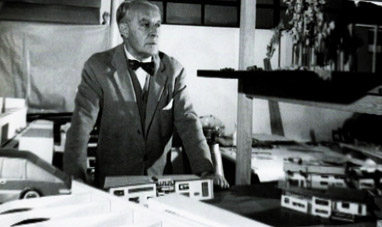

GIO PONTI


EUGÈNE VIOLET-LE-DUC
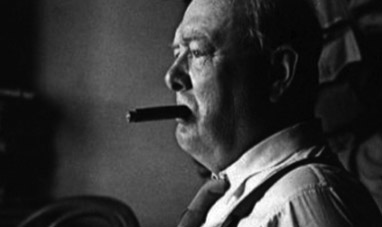

WINSTON CHURCHILL


GEORGE BALANCHINE
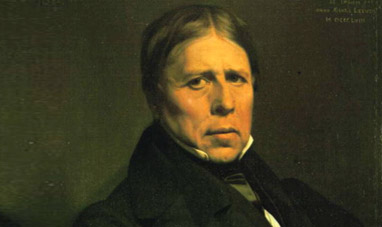

JEAN AUGUSTE DOMINIQUE INGRES
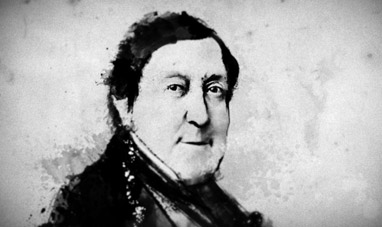

GIOACCHINO ROSSINI
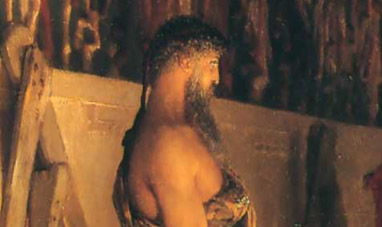

PHIDIAS
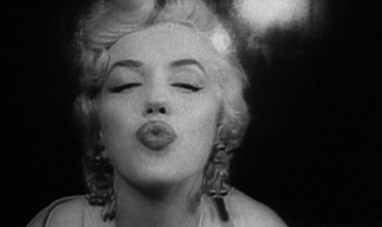

MARILYN MONROE
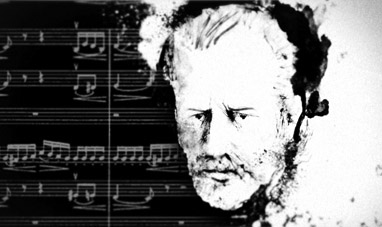

PYOTR ILLYCH TCHAIKOVSKY
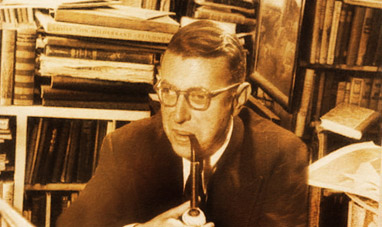

JEAN PAUL SARTRE
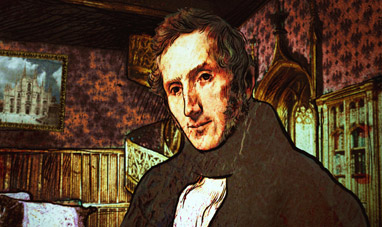

ALESSANDRO MANZONI
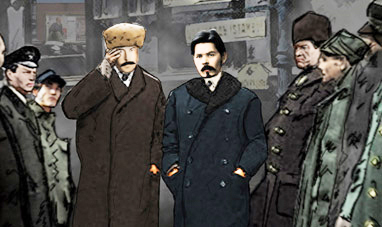

MAXIM GORKY


ANDREI TARKOVSKY


JOHN WAYNE
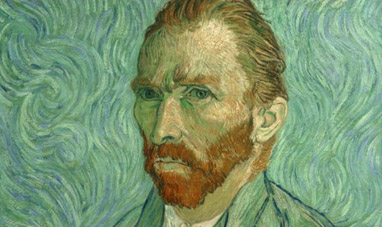

VINCENT VAN GOGH
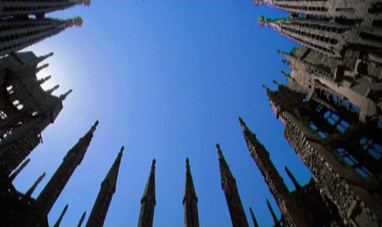

ANTONI GAUDÍ


STEVEN SPIELBERG
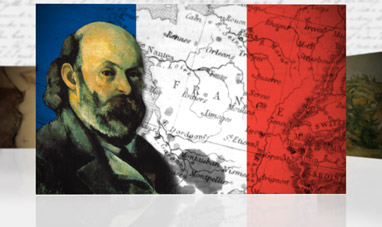

PAUL CÉZANNE


MONICA BELLUCCI
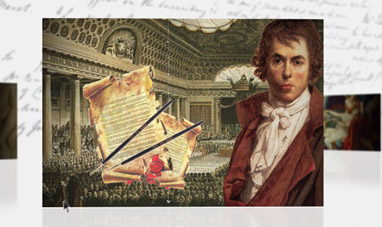

JACQUES LOUIS DAVID
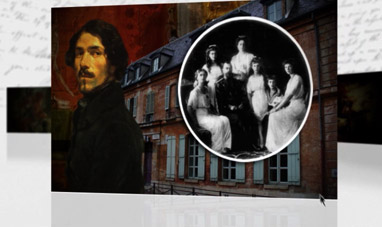

EUGÈNE DELACROIX


RAPHAEL
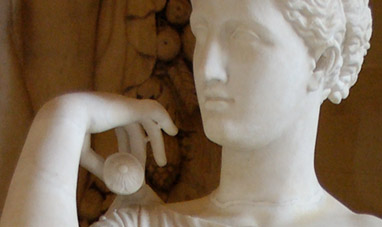

PRAXITELES
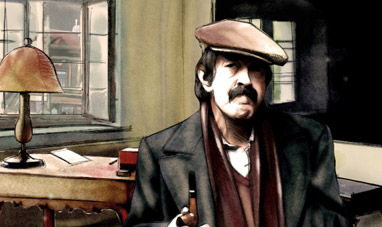

GÜNTER GRASS


KARL FRIEDRICH SCHINKEL
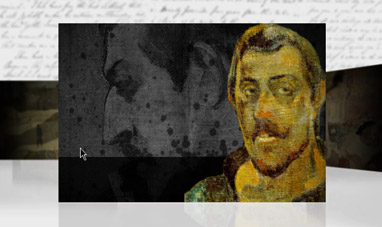

PAUL GAUGUIN
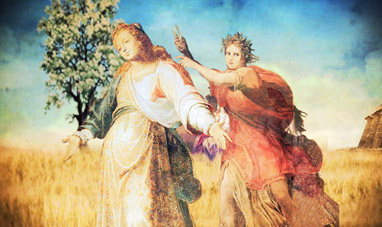

EURIPIDES
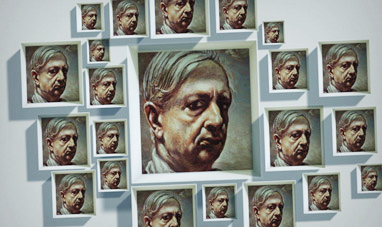

GIORGIO DE CHIRICO
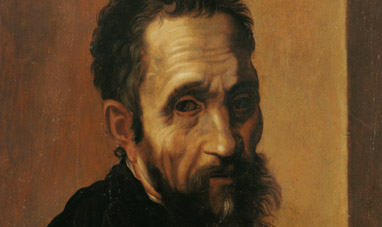

MICHELANGELO BUONARROTI


FRANK GEHRY


BILLY WILDER
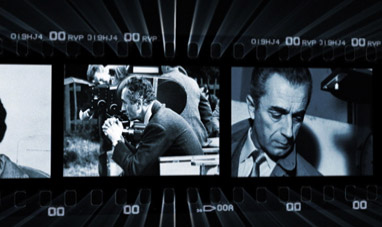

MICHELANGELO ANTONIONI
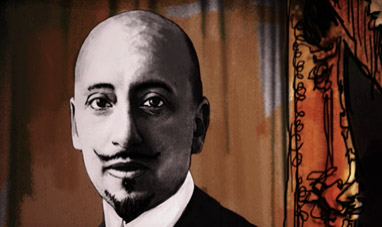

GABRIELE D'ANNUNZIO


WOODY ALLEN
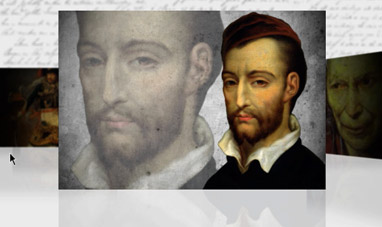

THÉODORE GÉRICAULT
